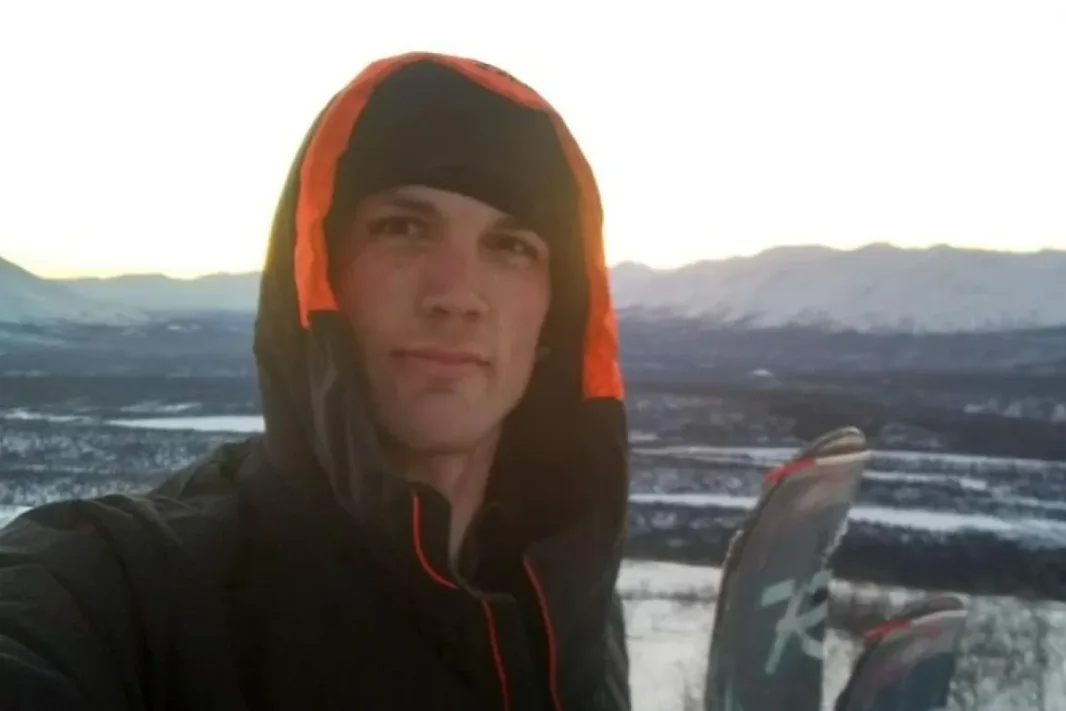
Design for cleaner, quieter snowmobile wins Yukon Innovation Prize
A Whitehorse aeronautical engineer who designed an innovative hydrogen fuel cell snowmobile is the big winner of this year's Yukon Innovation Prize.
Stefan Weissenberg is a backcountry skier who loves the outdoors. He came up with the idea for a quiet, zero-emissions snowmobile because the noise from the machines was ruining the tranquillity of his wilderness experience.
"I am developing a new patent-pending engine that will sort of combine a hydrogen fuel cell with something like a jet engine. It will make it a lot more powerful, and lower-weight," said Weissenberg.
His idea is to retrofit older gas engine snowmobiles because older machines are more readily available and this technology would give them a new life.
Weissenberg says the process involves first removing the engine, then installing a hydrogen tank and fuel cell which converts hydrogen to electricity and then powers an electric motor.
Weissenberg says his hydrogen engine will have longer range, and perform better in cold climates than gas engines.

Weissenberg came up with the idea for a quiet, zero-emissions snowmobile because the noise from the machines was ruining the tranquillity of his wilderness experience. (Submitted by Stefan Weissenberg)
$10K TO GET OFF THE GROUND
The Yukon Innovation Prize was established in 2014 as a partnership between the territorial government and Yukon College.
This year, there were seven prizes handed out. As the top winner, Weissenberg gets $10,000 to help get his idea off the ground. The other six prize winners received $5,000 each.
Weissenberg will design and build the hydrogen fuel cell engine this summer.
He says his design will out-perform battery hybrid options by having quicker charge times and more reliability in the long run.
Lauren Manekin Beille, manager of innovation and entrepreneurship at Yukon College, said the prize judges were really excited by Weissenberg's concept.
"It applies really directly to Yukoners," she said.
Manekin Beille says the prize-winning project is intended to benefit all, including rural communities.
This article was written for the CBC by Mike Rudyk.









